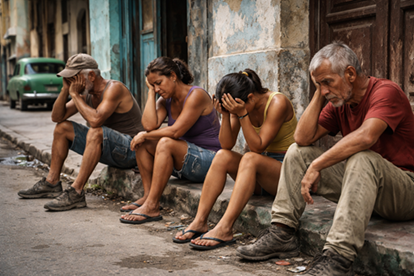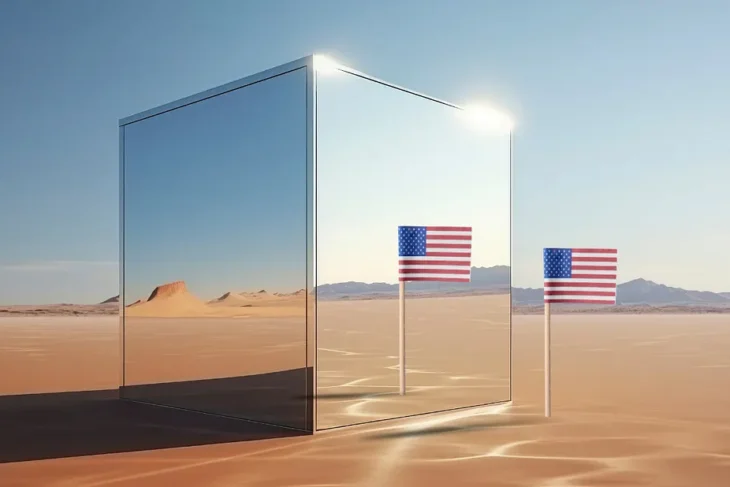
For at least two hundred years, among the rules of society was that polite conversation should avoid the topics of politics and religion and restrict one’s remarks to the weather or other seemingly innocuous avenues. While this curious custom has been an accepted norm, at least in societies of European derivation or influence, it might be time to open that long closed box.
Let us first reflect on the topic of the weather. While, in the past, discussion of the weather may have resulted in speculation on the likelihood of rain or sun for the coming week, the same topic, today, has very different associations — namely the likelihood of survival of human life on planet Earth and our responsibility for finding ourselves in this position. Issues of competition and dominance enter as contributing factors. The reality of the interconnectedness of all things might even be acknowledged by those willing to peak over the sides of their self-imposed boxes.
The discussion of politics too has gone far beyond matters of liberal or conservative, capitalist, communist, or socialist. Rather, the discussion of politics has come to such a pass that these divisions are often blurred into more fundamental questions such as the oneness of humankind, gender equality, and a universal understanding of values, rights, and justice. Focus on the roots raises the question of whether the caustic and divisive machinery of partisan structures are conducive to the unity so desperately needed to resolve issues of our very survival. Focus on such underlying conditions brings to the discussion implications of the responsibility of organizational structures to consider a wider responsibility inclusive of the environment that is the matrix of our physical existence and on which our survival depends.
Our progression brings us now to the other taboo of polite interaction — religion. Why, we might ask ourselves, should the relationship of human beings to that pivot of identity recognized through various forms and means by the majority of the world’s population be a source of disunity when it is becoming increasingly obvious that all of existence operates in breathtaking synchronicity as a single and indivisible organism — a single conception? Could it be that our long entrenched, myopic, unquestioned, competitive, and domineering understandings have missed the main point? Could it be that our understandings have been so clouded by the unfolding of history, by cultural identities, by political agendas, by assiduously taught prejudices, and an unwillingness to change that we find ourselves unable or unwilling to evolve to meet the needs and conditions of the time in which we live? Do we so fear becoming different than our fathers and mothers that we would rather perish or consign our children to a future that may well be unimaginable in its horrors?
Unity does not require agreement or sameness. It requires only openness to possibility, to questioning assumptions, to hearing another’s views and, above all, detachment from whatever we “know”. Human life, like the spectrum of light, can only find its unity, its purity, through the combination of all colours.



